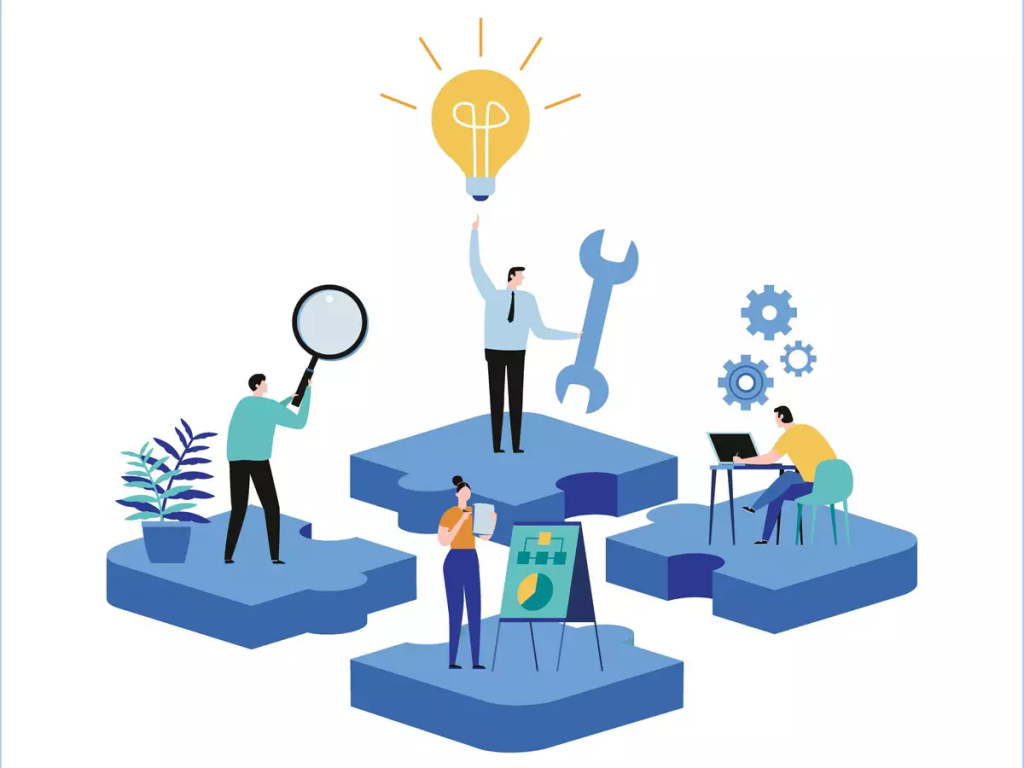For so long, innovation has been the lifeblood, driving progress and captivating investors and consumers alike. Yet, as we sail further into the 21st century, a new co-pilot has emerged on this journey: sustainability. The challenge for today's tech startups is not just to innovate but to do so sustainably.
The Innovation Imperative
Innovation is at the heart of every tech startup. It's about breaking boundaries, creating something new, and disrupting markets. A 2021 report by PwC shows that 55% of global CEOs prioritize innovation over operational effectiveness. This drive for innovation is critical for startups to differentiate themselves in a crowded market.
The true essence of a start-up innovation?
- Breaking Boundaries: Innovation in tech startups often means exploring ideas that challenge the status quo. It's about not just taking small steps forward but leaping into new realms of possibility. This could mean developing a groundbreaking technology or reimagining how existing technologies can be used in novel ways.
- Creating the New: Every tech startup begins with a vision to create something that didn't exist before, whether it's an app that solves a unique problem or a new piece of hardware that revolutionizes an industry. The goal is to fill a gap in the market, often one that consumers weren't even aware existed.
- Disrupting Markets: True innovation has the power to disrupt markets. It's about introducing products or services that change consumer behaviors, force competitors to adapt, and can even lead to the creation of entirely new industries.

Sustainability: The New Frontier
In an era where innovation is the watchword for tech startups, there's a rising tide that's reshaping the landscape: sustainability. It's more than just a feel-good add-on; it's becoming a core component of business viability.
Consider this: a Nielsen report highlights that a whopping 73% of millennials are ready to open their wallets wider for products that promise sustainability. For tech startups, this isn't just a nice-to-have; it's a must-have. Embedding sustainability into their DNA is no longer solely about moral high ground; it's a savvy business strategy. In a marketplace increasingly driven by a conscious consumer ethos, intertwining sustainability with innovation isn't just a play for applause—it's a strategic move to capture the hearts, minds, and dollars of a generation that cares as much about the planet as it does about technological advancement.

The Balancing Act: Real-World Examples?
- A Renewable Energy Tech Startup: Consider a startup that developed an innovative solar panel technology. While their product is a paragon of innovation, they went further by implementing sustainable practices in manufacturing, such as using recycled materials and ensuring energy-efficient production processes.
- Sustainable Data Centers: Another example is a tech startup specializing in data center operations. They innovated by developing AI-driven software to optimize energy use in data centers, significantly reducing their carbon footprint.
Strategies for Balancing Innovation and Sustainability
- Sustainable Design Thinking: Startups need to integrate sustainability into their design thinking process. This approach involves considering the environmental impact of their products or services from the ideation stage through to the end of their life cycle.
- Green Technologies and Materials: Utilizing green technologies and sustainable materials in product development not only reduces environmental impact but also appeals to eco-conscious consumers.
- Energy Efficiency: For tech startups, focusing on energy efficiency, whether in product design or operational processes, can result in significant cost savings and a smaller carbon footprint.
- Partnerships for Sustainability: Collaborating with environmental experts and organizations can help startups integrate sustainability more effectively into their business models.
- Transparency and Reporting: Being transparent about sustainability efforts and progress can build trust with customers and stakeholders, enhancing brand reputation.
Bottom Line
For tech startups, the journey of balancing innovation with sustainability is challenging but rewarding. It's about looking beyond immediate gains and considering the long-term impact on the planet. By doing so, startups not only contribute to a more sustainable world but also unlock new markets and opportunities, driving growth in a way that aligns with the values of a new generation of consumers and investors.

